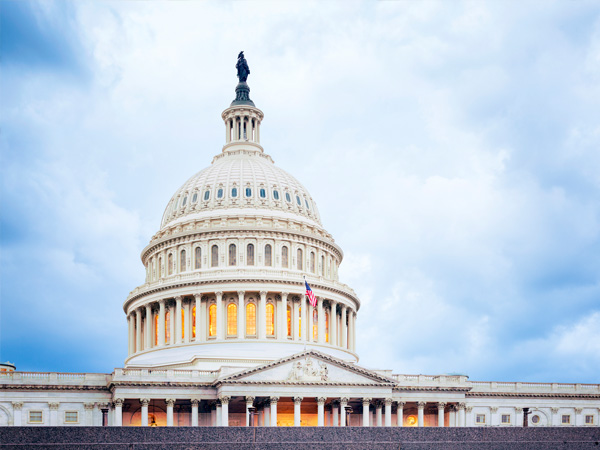Uncategorized
Recent Developments – Top IRS Enforcement Priorities
Where are We Going in 2019?
I recently returned from the 34th Annual National Institute on Criminal Tax Fraud and the Seventh Annual National Institute on Tax Controversy, sponsored by the ABA Section of Taxation and ABA Criminal Justice Section. The conference provides an excellent update on IRS enforcement efforts and priorities and insight into the road ahead in 2019. Below are some of the highlights of things to expect in 2019.
IRS Campaigns
The IRS Large Business and International has announced several LB&I Approved Campaigns, and they can be found on the IRS website at https://www.irs.gov/businesses/large-business-and-international-compliance-campaigns. The IRS is using the Campaigns to identify compliance issues. In some instances, the IRS is sending “soft letters” to taxpayers wherein the ball is in the taxpayer’s court to take proactive steps to become compliant. In other instances, the taxpayer is the subject of a civil examination and an IRS Revenue Agent is assigned to work the issue. Examples of the IRS campaigns include:
- Form 1120-F Delinquent Returns
- Individual Foreign Tax Credit Phase II
- OVDP Declines-Withdrawals
If you have received a soft letter or are wondering why the IRS selected your return for examination, it is worthwhile to review the list of LB Large Business and International Complains on the IRS website.
Conservation Easements
Conservation easement cases are another area where the IRS is pressing taxpayers. Internal Revenue Code Section 170 and the Treasury regulations set forth stringent conditions to qualify for a conservation easement. Most of the litigation is centered on the condition that the easement must be “exclusively for conservation.” The IRS is examining the benefit to the taxpayer (what the taxpayer gets back in return for the easement), and what is the stated purpose for the conservation easement. Many cases litigated in U.S. Tax Court fail because they do not meet the stringent conditions of the Treasury Regulations. Expect the IRS to continue to push on this compliance issue in 2019.
Captive Insurance Cases
The IRS views captive insurance cases as akin to tax shelters and has brought many resources to bear on this issue. Small Business and Self Employed division of the IRS is working hundreds of the cases, and there are several docketed Tax Court cases. Like tax shelter cases of the past, the government is picking and choosing the cases to litigate and likely expects favorable opinions from the Tax Court. If you have invested in a Captive Insurance case, the prudent course of action is to contact competent tax counsel who can advise you of the options.
Cryptocurrency
If you are trading in cryptocurrency, make sure that you have disclosed your trading to your accountant and asked whether your trading needs to be reported on federal income tax returns. IRS Agents are now issuing Information Document Requests in routine civil audits and seeking information about a taxpayer’s cryptocurrency trading. The IRS also has obtained customer records from Coinbase, Inc., a San Francisco-based platform that allowing the buying, selling and storing of cryptocurrencies like Bitcoin, Ethereum, and more. Expect more on cryptocurrency in the next few years as the IRS sifts through the records and examines the data. Do not be a person who gets caught off guard with undisclosed trading.
New Voluntary Disclosure Practice
On November 20, 2018, the IRS issued a Memorandum providing an updated voluntary disclosure practice. Voluntary disclosure is a long-standing practice of the IRS to provide taxpayers with criminal exposure a means to come into compliance with the law and potentially avoid criminal exposure. The IRS has updated the voluntary disclosure to include a mandatory six-year disclosure period. Also, the IRS will impose the civil penalty under I.R.C. section 6663 for fraud or the civil penalty under I.R.C. 6651(f) for the fraudulent failure to file income tax returns will apply to the one tax year with the highest tax liability.
The Memorandum further states that “[t]axpayers who did not commit any tax or tax-related crimes and do not need the voluntary disclosure practice to seek protection from potential criminal prosecution can continue to correct past mistakes by filing an amended or past due tax return.”
If you are concerned about potential criminal exposure, the prudent course of action is to contact competent tax counsel, who can evaluate your case and explain your options.
